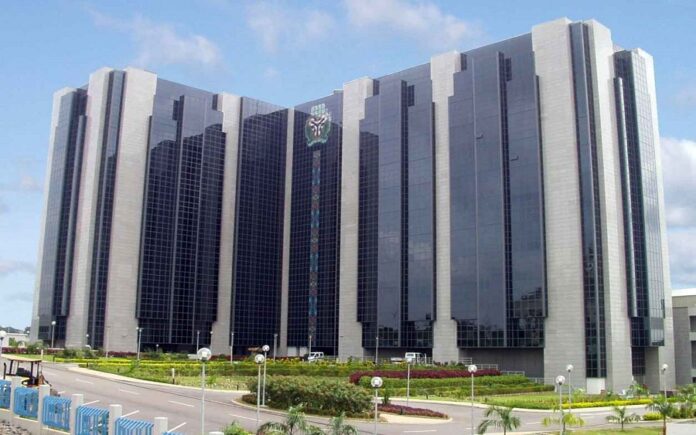Banks’ cost of operations have continued to rise in recent months over uptick in inflation , compounded by legacy structural challenges like high energy (high diesel prices), and exchange rate crises, The Nation has learnt.
The considerable rise in core inflation has resulted largely from high energy prices associated with the persistent disruptions to power supply, hike in electricity tariff, continued scarcity of Premium Motor Spirit (PMS), and rising price of Automotive Gas Oil (AGO).
To reduce the impact of these challenges on their profitability, banks are now cutting their operating hours to save costs. Access Bank, United Bank for Africa (UBA), GTBank, among others have all reduced their working hours.
Nigeria’s inflationary pressure hit a 17-year high of 19.64 per cent in July even as the price of energy (diesel) has risen to an all-time high of N800 per litre.
Access Bank had in a notification entitled ‘Adjusted Closing Time for Select Branches’ to its esteemed customers containing the list of the branches and the states where they operate.
The bank urged its customers to consider processing most of their transactions via its digital channels.
“You can simply process most of your transactions via our digital channels, as a few of our Access Bank branches nationwide will be closed at 3 pm from the 29th of August, 2022,” the bank stated.
The bank in the email to customers at the weekend said it will be reducing operating hours in 83 of its branches nationwide. The branches will now be closing operations to customers by 3pm as against the previous timeline of 4pm.
According to the bank, while some of its branches will continue to operate between 8am and 4pm, its electronic channels would be open to customers 24hours everyday. It will be recalled that most banks had begun cutting short their operating hours due the high cost of operation occasioned by the soaring price of diesel which has so far risen above N800 per litre.
Likewise, United Bank for Africa (UBA) Plc at the weekend, unveiled plans to adjust working hours in some of its branches to ensure the well-being of employees and customers alike.
The bank stated this in a notification entitled ‘Notice of Bank Closure’, sent across to its esteemed customers on Thursday, September 1, 2022.
The notice read: “Dear customer, Please be informed that some of our branches will now close earlier for the safety of our customers and employees. Our digital channels will remain available to you 24/7.”
GTCO, FirstBank and some others took such measures early in the year, adjusting its operating hours in response to the energy crisis.
Managing Director, Financial Derivatives Company Limited, Bismarck REwane, said rising inflation has remained a major challenge for businesses and consumers.
“Monetary policies are usually less effective in addressing supply-induced inflationary pressure. Hence, inflationary pressures could persist if monetary tightening is not complemented by both structural reforms and fiscal policy responses,” Rewane said.
He added: “We expect consumer price inflation to remain elevated in the coming months due to the lingering economic shocks from the Russian-Ukraine war. This will be further compounded by currency pressures”.
Meanwhile, Head, Financial Institutions Ratings at Agusto&Co, Ayokunle Olubunmi noted that more banks will be looking at the option of solar powered operations as they strive to reduce the impact of the soaring diesel cost on their operations.
“What banks are trying to do is how they can reduce the impact to the barest minimum. But despite that, the high cost of diesel is still going to have an impact and what the banks are trying to do is to actually reduce it.
“What has happened over the last three years is that most banks are trying to transitions into alternative power supply. Before now most banks rely solely on PHCN or diesel but banks are now bringing in solar panels into the mix, with this we are going to see more banks pushing that.”



